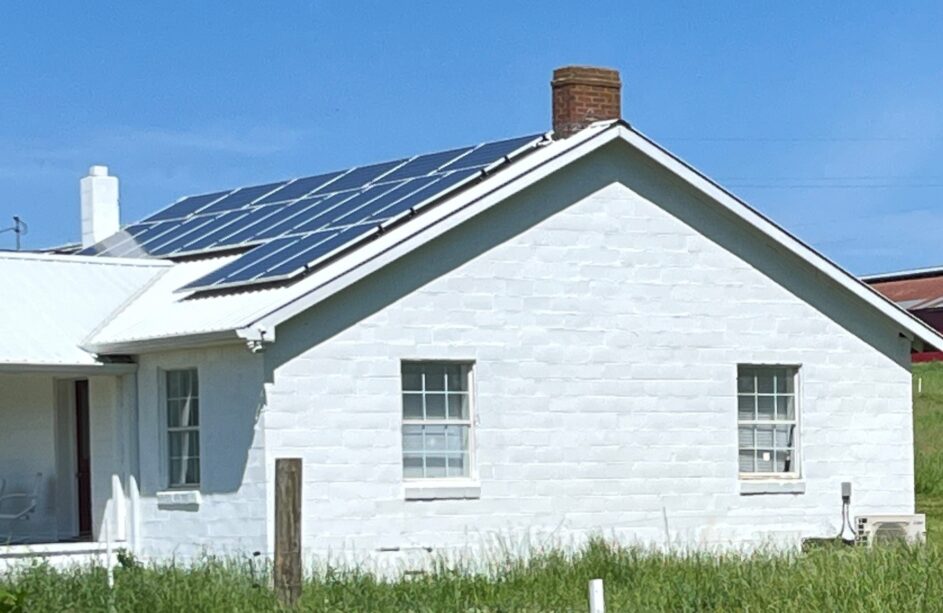While public energy debates often draw attention to the pros and cons of various sources like coal versus nuclear versus solar, an essential question in preparing for a more energy independent future is, “to what extent do we want our power to be centralized versus distributed?”
Cutting carbon now means splitting atoms for a community a little over five hours south of East Tennessee. Georgia Power has announced it is bringing the nation’s first nuclear reactor in over 40 years online this summer.
Vogtle 3 and then 4 are expected to make a significant dent in providing power without carbon emissions. In a press release, Georgia Power announced:
“The new Vogtle units are an essential part of Georgia Power’s commitment to delivering clean, safe, reliable and affordable energy to its 2.7 million customers. Once operating, the two new units, which will be clean energy sources that produce zero emissions, are expected to power more than 500,000 homes and businesses.”
In the Tennessee Valley Authority’s seven state region, the power leader has also been exploring more nuclear options, including a small modular reactor at the Clinch River site. TVA has noted that a carbon-free future must include a mix of energy sources.
Solar energy has also been evolving on different scales. You can now find massive solar farms producing hundreds of megawatts, creating power that is transmitted through the grid like other large power plants.
At this same time, solar has proven to be a reliable and safe option for generating power locally, with rooftop and ground mount systems providing electricity directly to homes and businesses. These systems often work in parallel with grid power, and with energy storage, can provide for critical power needs when other parts of the grid go down. Florida’s Babcock Ranch solar project, for example, helped homeowners ride out hurricanes without losing power, giving folks a layer of protection made possible by today’s technologies.
If the grid goes down, how important is it for you to have a backup power source either at home or at the manufacturing plant where stopped work means lost revenue? Technology continues to develop and provide options for distributed power production that will benefit homeowners, businesses and communities for years to come.
Anne Brock is marketing coordinator for Solar Alliance. She can be reached at: 865-221-8349 or abrock@solaralliance.com

